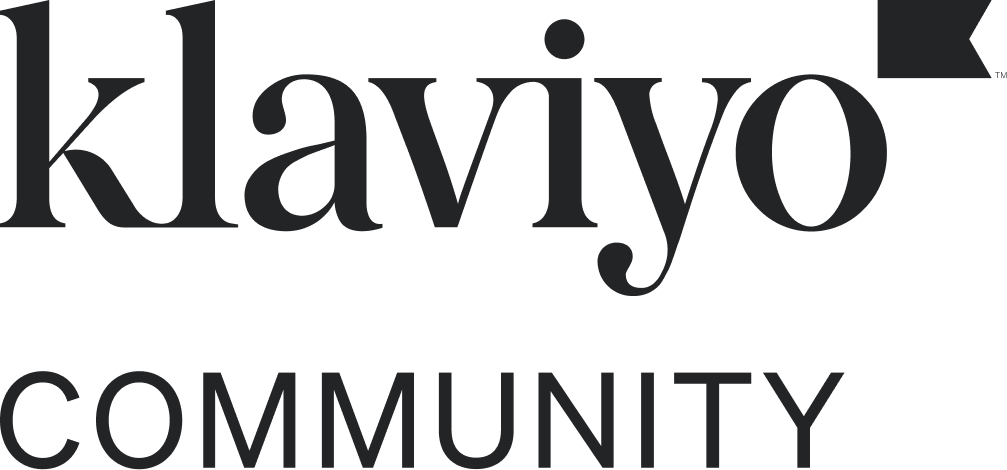Free trials are a great way to engage interested leads and bridge the gap between the consideration and buyer phases of the customer journey.
Leads tend to be more qualified, since only someone truly interested in your product or solution wants a trial. And the longer someone uses a product, the more likely they are to keep it or purchase more.
Is a free trial offer right for your business?
Free trials are a great tactic, but they don’t work well for all business types.
If you sell products that are very complex or high-value, a free trial might not offer enough time for users to truly appreciate the product/service.
If you have a very small team and limited resources, the effort to set up (and possibly manufacture) a trial version of your product could be prohibitive.
Lastly, if you’re part of a niche market or have a small number of potential consumers, a free trial might not be necessary since consumers in these types of markets tend to be more informed.
Benefits of offering a free trial
If none of the above applies to your brand, offering a free trial might be right for your business because it:
- Is low-cost for high value
- Reduces the deliberation time it takes to make a buying decision
- Can result in higher-quality leads
- Can increase conversions while reducing customer acquisition costs
- Can boost average order value when used as an add-on
- Can make trial users less likely to unsubscribe to subscription products
- Gives brands the opportunity to test product messaging and value proposition
What to consider when building your free trial offer
What or how many products will you include in the trial?
This depends on your business and product offerings. Considerations include:
- If a regular package contains 30 pieces, 5–10 pieces could be a good trial size. For example, a consumable product brand could offer a trial welcome offer of a smaller package size at a reduced price.
- If a regular subscription lasts 30 days, a free trial could last 10–14 days.
- A SaaS company would need to decide which components to include in the trial, how long the trial will last, and how much support they’ll offer to trial users.
- For physical products, will free shipping be included? Shipping costs can often be a barrier to the final purchase.
How will you sell/advertise the trial?
Options include:
- Trial pack as gift with purchase on a regular order for another product
- Trial pack/offer as its own product
- For services, using a freemium model vs. a free trial (i.e., full access to the service for a limited number of days vs. limited access to the service without all full features)
How long will it take for the consumer to see all the benefits of your product?
Are results immediate, or do they take time to build? Messaging during the trial process is key to keeping the consumer engaged and excited to keep going.
What effect will trial length have on your sales cycle?
You’ll want to measure how long it takes trial users to convert to regular or subscription purchasers.
Tactics for a successful trial offer
- Test a trial offer against a regular discount or other type of incentive to see what drives consumers.
- Keep the communication lines open. Set up a nurture series to go out to trial users during and after the trial period to keep them engaged and excited. You want to provide education to help the consumer build a habit that leads to repeat purchases.
- Re-engage customers who may be about to churn with a trial offer to show them you appreciate them and keep them engaged with your brand.
- Collect feedback from trial users who went on to purchase and those who did not to find the sweet spot in your messaging.
Bottom line
Free trials are a great strategy for reducing acquisition costs and increasing product conversion rates. They don’t work for all product types, but they can help lower the barrier to entry to purchase and demonstrate product value before consumers have to commit to a full order.
It’s important to measure your free trial success and collect first-party data from trial users to nuance key messages and USPs. Free trials are a great alternative to traditional discounting structures and can offer more value to consumers who are on the fence.







